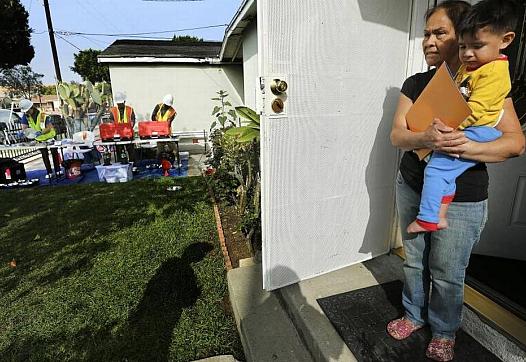
California Assembly Bill 2963, which is to be heard this week by the Senate Health Committee, aims to ensure there are no more cases like Exide or Mangan Park.

California Assembly Bill 2963, which is to be heard this week by the Senate Health Committee, aims to ensure there are no more cases like Exide or Mangan Park.
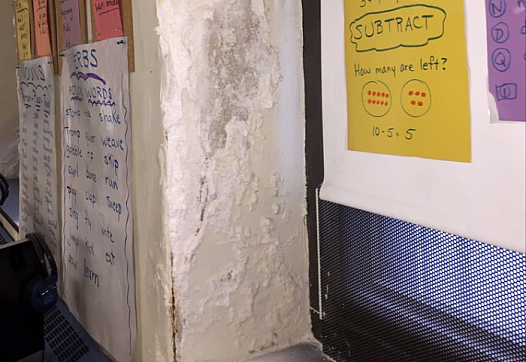
A Philadelphia classroom is filled with dangerous levels of lead and asbestos while the unresponsive school district is missing in action.
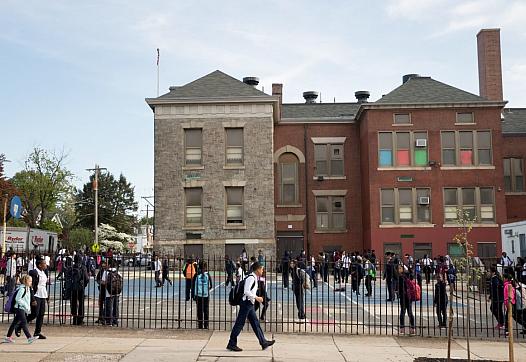
That latest result is more than 100 times higher than the level that health experts say is cause for alarm.

Why would Disneyland be part of an effort to defeat a bill that requires reporting of blood-lead levels high enough to produce heart disease and serious brain disorders?

The disaster has been made worse by the number of residents suffering from chronic illnesses and a shortage of doctors.
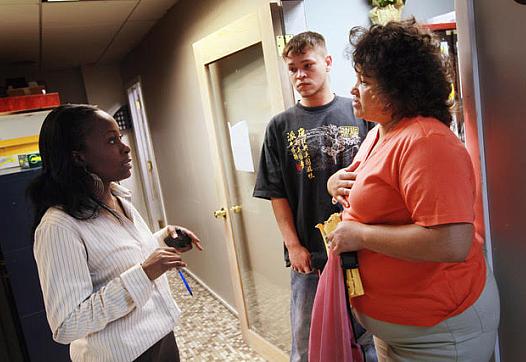
From harmful dust to toxic fumes, poor oversight is blamed as school repairs make the same mistakes again and again.
At aging Philadelphia schools, asbestos is a lurking health threat to children and staff. Tests find alarming levels, even after repair work is done.
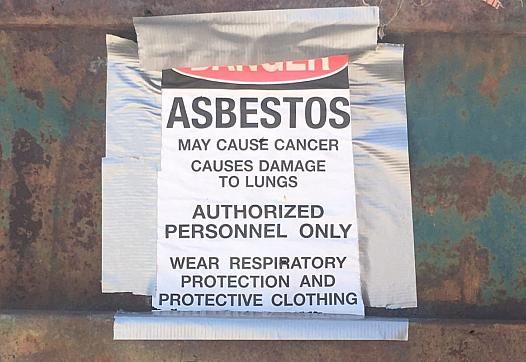
At aging Philadelphia schools, asbestos is a lurking health threat to children and staff. Tests by the Inquirer and Daily News at 11 schools found alarming levels of fibers in settled dust, even after repair work was done.
Many Philadelphia schools are incubators for illness, with environmental hazards that endanger students and hinder learning.
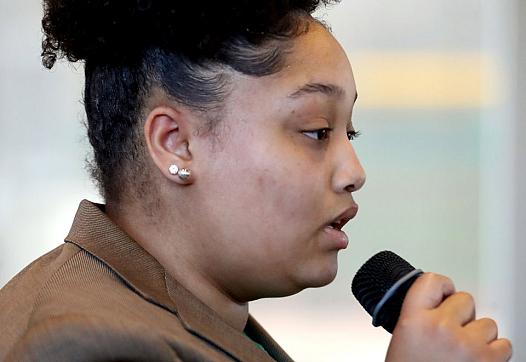
This reporting is supported by the University of Southern California Center for Health Journalism National Fellowship.